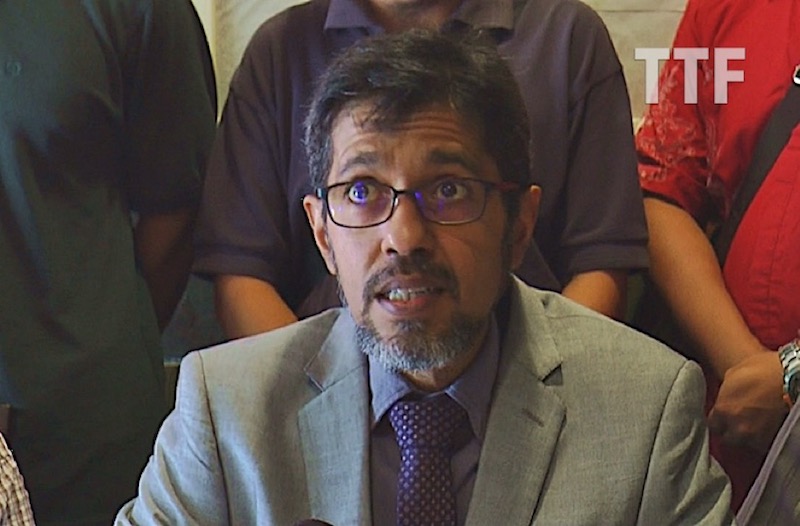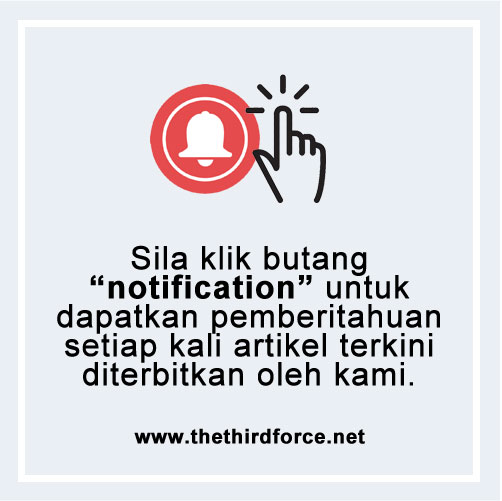
“The country needs a radical change in the spirit of collective leadership, not just leadership itself”
Raggie Jessy Rithaudeen
رعيت دجڠك اوندي برداسركن چالون، بوكن فهمن ڤوليتيك
Pressing for a general election during monsoon season, UMNO is likely to have pissed off hundreds of thousands of voters who know exactly what it feels like to suffer the wrath of mother nature.
According to a source close to TTF, who is already on the ground conducting surveys, families in flood prone areas in Perak are fuming that UMNO placed its political ambitions above the people’s welfare and safety.
Despite this, UMNO leaders have ridiculed politicians who spoke up against the “monsoon election,” calling them “Barisan Nasional enemies” and advising them not to field candidates if they are afraid.
Those presently manning the “caretaker government” come from the same breed that failed miserably at managing the near-nationwide deluge back in Disember, a crisis that left at least 54 dead and 2 missing.
During its furthest extent, the flood caused the concurrent displacement of over 71,000 residents and affected over 125,000 people.
Imagine how these people felt when the Prime Minister sought to dissolve parliament.
Even though there isn’t a flood crisis yet, the very thought that the government is now prioritising resources towards a general election must be horrifying.
Based on preliminary feedback, those affected by the Disember floods are probably going to vote based on candidates and not according to political affiliations.
The same can be said of many other Malaysians, who’re surely sick and tired of the lackadaisical attitudes displayed by ministers, and not to mention, the endless bickering, politicking and posturing by UMNO, PAS and Bersatu leaders.
Who in the world can stomach the fact that UMNO, a political outfit, had successfully pressured the Prime Minister into triggering a “monsoon election,” when the role of the Prime Minister is clearly defined by the Federal Constitution of Malaysia, not political parties?
The egotistical barriers preventing opposition parties from working together isn’t helping either.
Despite chanting “anti-court cluster” and “anti-Kleptocrat” slogans in sync, it’s a wonder that they still can’t meet halfway on the many nonsensical, childish and bothersome issues dividing them.
Sure, one can argue that his (or her) party is better suited to lead the country, but who is he (or she) to convince voters that his (or her) party can bring change, when the party itself cannot effect change within the opposition?
This is not me talking or taking sides – this is me telling all opposition parties what voters are probably thinking.
If the constraint towards good governance and leadership is the party, then, a significant number of voters are likely to shift their gaze from parties to candidates.
People are looking for leaders with a strong sense of independence, a keen sense of reality, a strong moral center, a lot of common sense and the willingness to communicate in easily understood words, strung together to form the truth.
If there is the slightest hint that a candidate is green or a “yes man,” I doubt he (or she) will do well, unless, he (or she) is up against other green candidates or “yes men.”
Even then, voters are likely to look out for the one who comes off as being honest, confident, and above all, one who can bring a magnetic presence to stage.
The country needs a radical change in the spirit of collective leadership, not just leadership itself.




